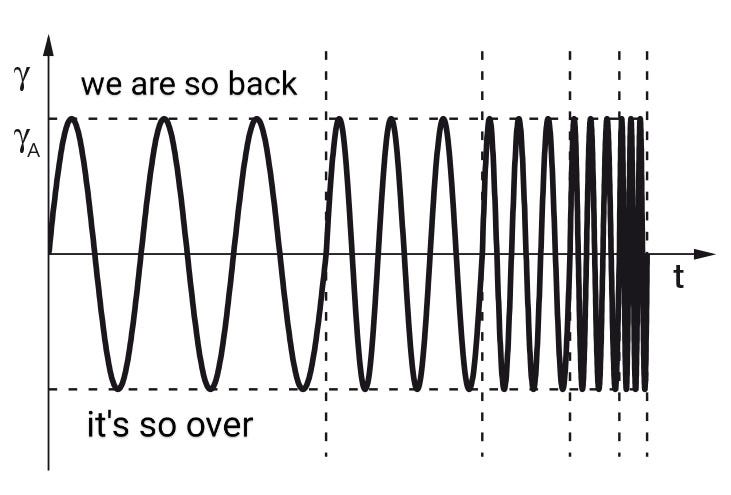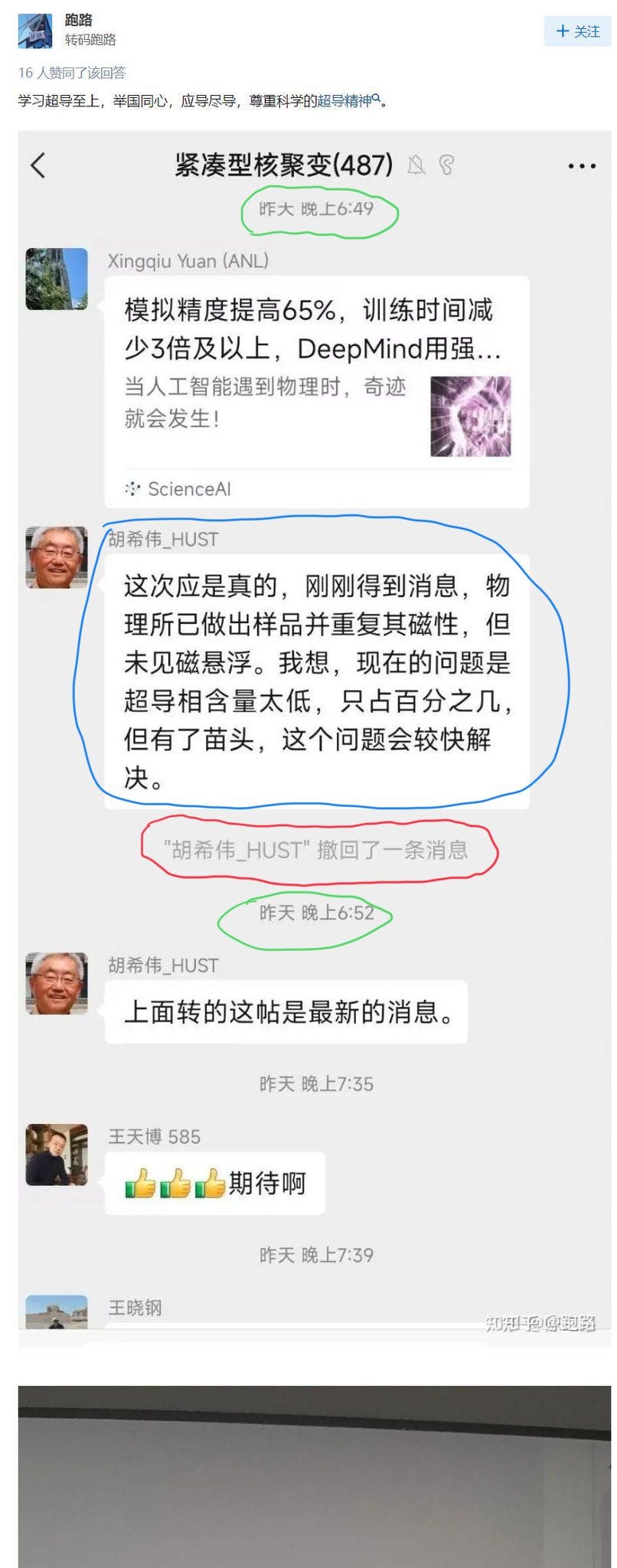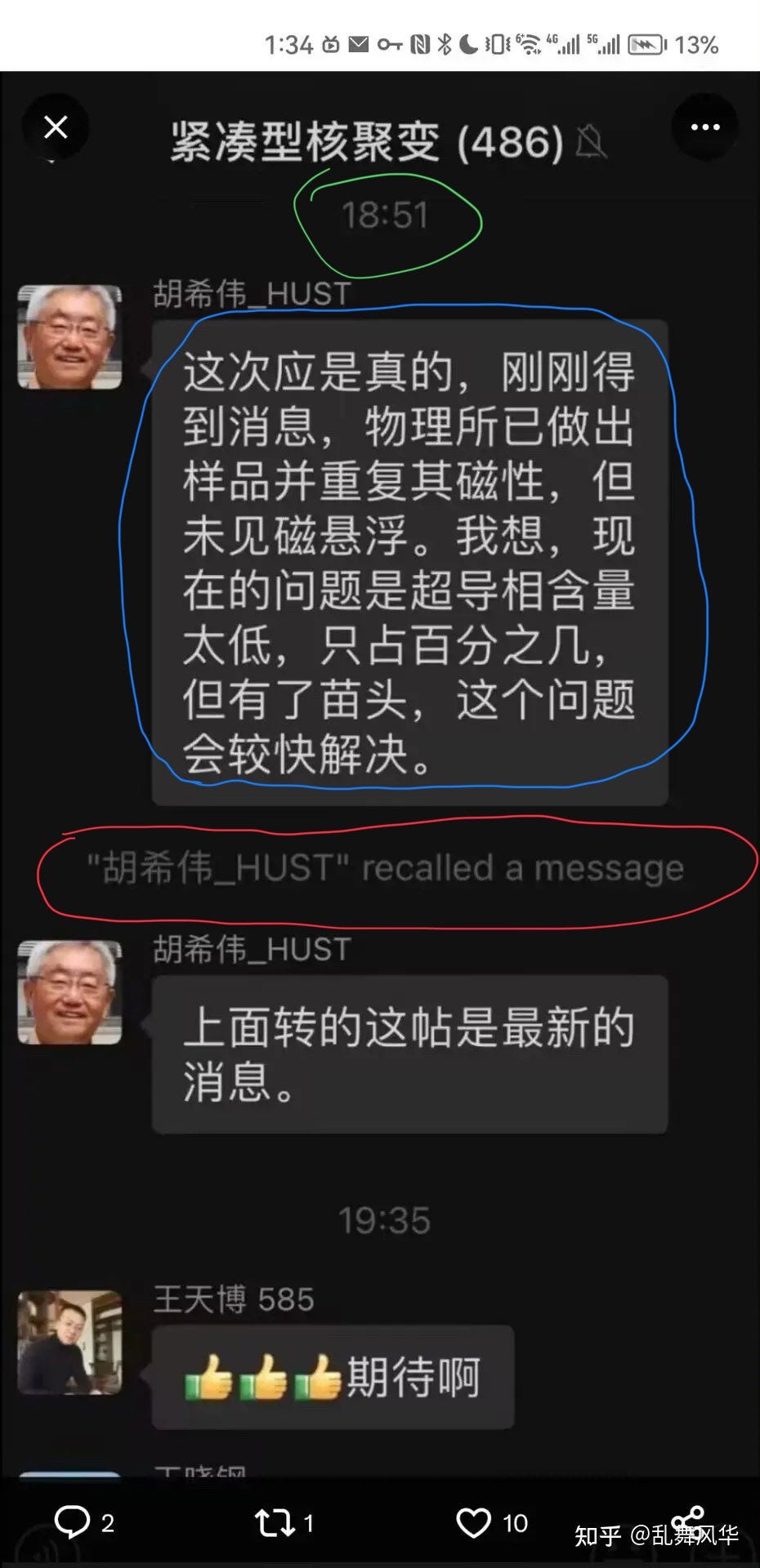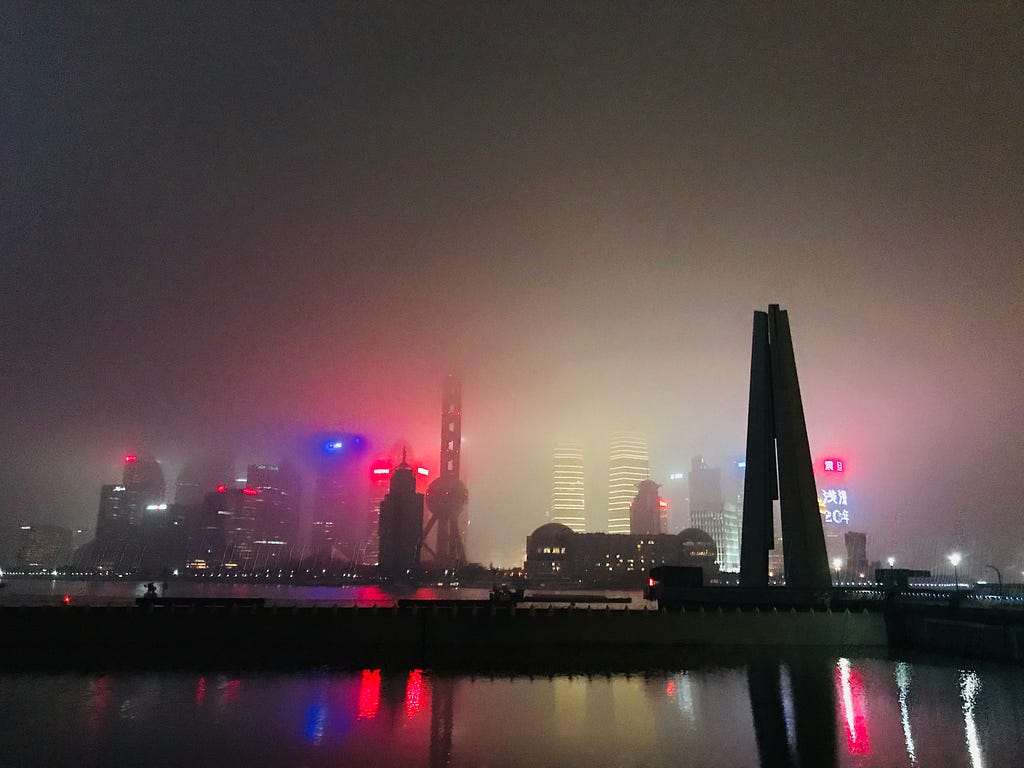LK99 — Chinese replication efforts
LK99 — Chinese replication efforts
Original Twitter thread links:
Detailed analysis of screenshots

The scientific community has been abuzz with the potential of the LK99 superconductor, a material that could revolutionize our understanding of physics and technology. Amidst the flurry of research and speculation, a series of posts on Chinese social media have caught the attention of many, hinting at significant progress in the replication of LK99’s unique properties by Chinese academics.
The posts, shared by two different users in both light and dark modes, originated from Zhihu. They contain appearant WeChat screenshots, a popular communication app used by virtually every Chinese citizen. The screenshots contain a conversation allegedly involving Hu Xiwei, a respected professor at Huazhong University of Science and Technology (HUST), specializing in nuclear fusion and theoretical physics. Professor Hu, a graduate of Peking University in 1964, also spent time at the University of Maryland from 1984–1986. More about Prof. Hu Xiwei
The content of the conversation is intriguing. It suggests that the Physics Institute has successfully produced a sample of the LK99 superconductor and replicated its magnetizing qualities. However, the Meissner effect, a key characteristic of superconductors, has yet to be observed. The issue seems to lie in the purity of the superconducting material, which is currently only a few percent. Despite this, the conversation implies optimism, stating, “if we have made a start this problem will be solved quickly.”


The authenticity of these screenshots has been a topic of intense debate. However, a detailed analysis of the screenshots suggests that they are likely genuine:
- The timestamps of the messages (circled in green) are consistent with WeChat’s behavior of bunching up messages and not displaying exact time stamp for every single message. The dark mode screenshot displays 18:51, and the light mode displays 6:49 PM and 6:52 PM.
- The light mode and dark mode screenshots are posted by different users on Chinese social media. They show the same long paragraph message (circled in blue), with the same messages after the long paragraph, but the light mode also shows the preceding message. It is unlikely this is doctored as there is no reason to doctor a light mode and dark mode screenshot.
- The language settings (circled in red) match. The dark mode screenshot is in English, “recalled a message” and the light mode has the same in Chinese. Moreover, the timestamps also conform to how the English vs Chinese versions of the WeChat app would display the timestamp.
Furthermore, the identity of the professor claimed in the screenshot is also likely accurate. Given the wide circulation of these screenshots on Chinese social media and Professor Hu’s prominence in the academic community, it is improbable that an impersonation would go unchallenged. To date, no statements denying the professor’s involvement in the conversation have been posted.
In conclusion, while we still need to wait for the final results on LK99, I personally believe the screenshots are legit and we are on track to at least bear witness to a game-changing material even if it is not a superconductor.
We are so back.
